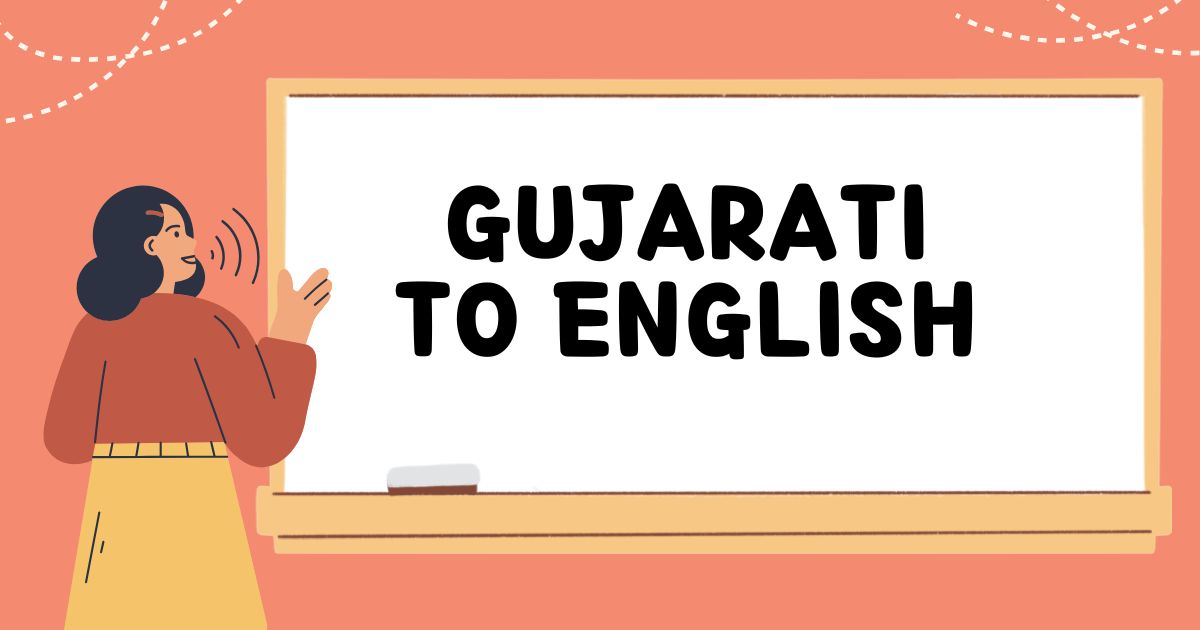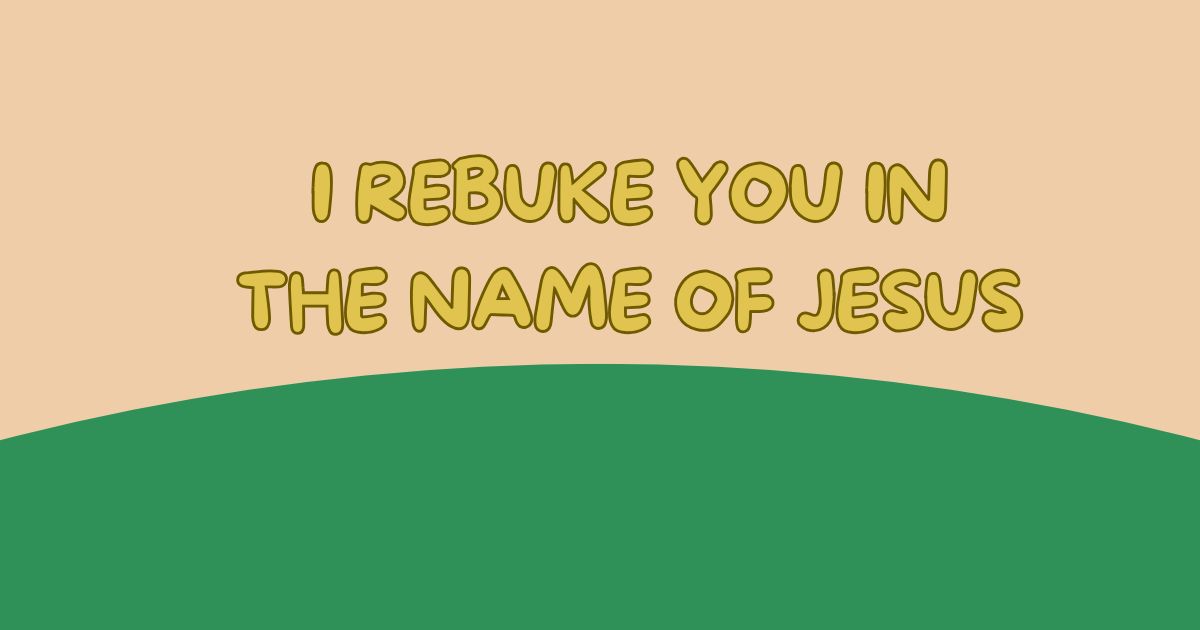Gujarati is a beautiful and culturally rich language spoken by millions, mainly in the Indian state of Gujarat. However, there are times when translating Gujarati to English becomes essential, whether for travel, business, education, or communication. This guide will help you understand the nuances of Gujarati-to-English translation, common challenges, and effective ways to learn and translate accurately.
Importance of Gujarati to English Translation
English is a global language, and translating Gujarati to English allows better communication and access to more opportunities. Whether you’re a student, professional, or traveler, understanding both languages can enhance your personal and professional life.
Common Challenges in Gujarati to English Translation
Cultural Differences
Gujarati has deep cultural references that may not have direct English equivalents. Expressions, idioms, and phrases may need adaptation rather than direct translation.
Sentence Structure Variations
Gujarati follows a Subject-Object-Verb (SOV) order, while English follows a Subject-Verb-Object (SVO) structure. This change can make translations tricky.
Formal and Informal Tones
Gujarati has different words for formal and informal speech, while English often uses the same words in different contexts. This can make choosing the right word challenging.
Pronunciation and Phonetics
Certain Gujarati sounds do not have exact English counterparts, making transliteration difficult. Proper pronunciation plays a key role in effective communication.
Best Ways to Translate Guja’rati to English
Using Online Translation Tools
Tools like Google Translate and Microsoft Translator can provide quick translations. However, they may not always be 100% accurate, especially for complex sentences.
Learning Basic Grammar Rules
Understanding basic grammar rules of both languages helps in making accurate translations. Learning tenses, sentence structure, and commonly used words is beneficial.
Using a Bilingual Dictionary
A good Gujarati-to-English dictionary can help with meanings, synonyms, and usage examples. Some dictionaries even include pronunciation guides.
Practicing with Native Speakers
Conversing with native English speakers or bilingual individuals helps improve accuracy and fluency. It also helps in understanding cultural context.
Hiring Professional Translators
For official documents, business communications, or literary works, professional translators ensure accuracy and maintain the meaning of the content.
Basic Guj’arati Words and Their English Translations
| Gujarati Word | English Translation |
|---|---|
| નમસ્તે (Namaste) | Hello |
| કેમ છો? (Kem cho?) | How are you? |
| મારી પાસે છે (Mari pase che) | I have |
| શું છે? (Shu che?) | What is it? |
| હા (Ha) | Yes |
| ના (Na) | No |
| પ્રેમ (Prem) | Love |
| આભાર (Aabhar) | Thank you |
Tips for Learning English as a Guja’rati Speaker
Start with Simple Sentences
Begin with basic sentence structures before moving to complex ones. Example: “I am happy” (મારે આનંદ છે) instead of “I am feeling delighted today because of the weather.”
Read English Books and Articles
Reading improves vocabulary and understanding of sentence formation. Start with children’s books and gradually move to newspapers or novels.
Watch English Movies with Subtitles
Watching movies or TV shows with English subtitles helps in learning pronunciation and sentence usage. It also improves listening skills.
Practice Writing in English
Daily practice of writing small paragraphs, emails, or journal entries in English can boost confidence.
Use Language Learning Apps
Apps like Duolingo, Babbel, and Rosetta Stone offer structured lessons for learning English from Gujarati.
Common Errors When Translating Guja’rati to English
Word-for-Word Translation Mistakes
Many Gujarati words have multiple meanings. A direct translation may not always make sense.
Example:
Gujarati: “મારે દૂધ પીવું છે.”
Word-for-word English: “I milk drink want.”
Correct English: “I want to drink milk.”
Misuse of Tenses
Gujarati tenses do not always match English tenses. Learning proper tense usage helps in avoiding mistakes.
Example:
Wrong: “He go to market yesterday.”
Correct: “He went to the market yesterday.”
Pronunciation Errors
Some English words are difficult for Gujarati speakers to pronounce correctly. Regular practice and listening to native speakers can help.
Role of Guja’rati to English Translation in Different Fields
Education
Many students need Gujarati-to-English translation for academic purposes, such as studying abroad or understanding English textbooks.
Business and Trade
Guja’rat is a hub for business, and translating documents, contracts, and emails from Gujarati to English is essential for international trade.
Travel and Tourism
Tourists visiting G’ujarat benefit from English translations, while Gujarati travelers need English translations when visiting foreign countries.
Literature and Media
Translating Guja’rati literature into English helps in reaching a global audience. Popular books and folk tales are often translated to preserve cultural heritage.
Conclusion
Learning Gujar’ati and English effectively is crucial for effective communication, learning, and global opportunities, requiring a deep understanding of culture, context, and grammar.
FAQs
What is the easiest way to translate Guja’rati to English?
Using online tools like Google Translate can be quick, but learning basic English grammar and vocabulary ensures better accuracy.
Can I learn English easily if I speak Gujar’ati?
Yes! With regular practice, reading, writing, and speaking, you can learn English effectively.
What are common mistakes when translating Guj’arati to English?
Word-for-word translations, incorrect tenses, and pronunciation errors are the most common mistakes.
Are there professional Gujarati-to-English translators available?
Yes, many professionals and agencies provide accurate Gujarati-to-English translation services.
How can I improve my English vocabulary as a Gujar’ati speaker?
Reading books, watching English movies, using language apps, and practicing speaking with others can help.











